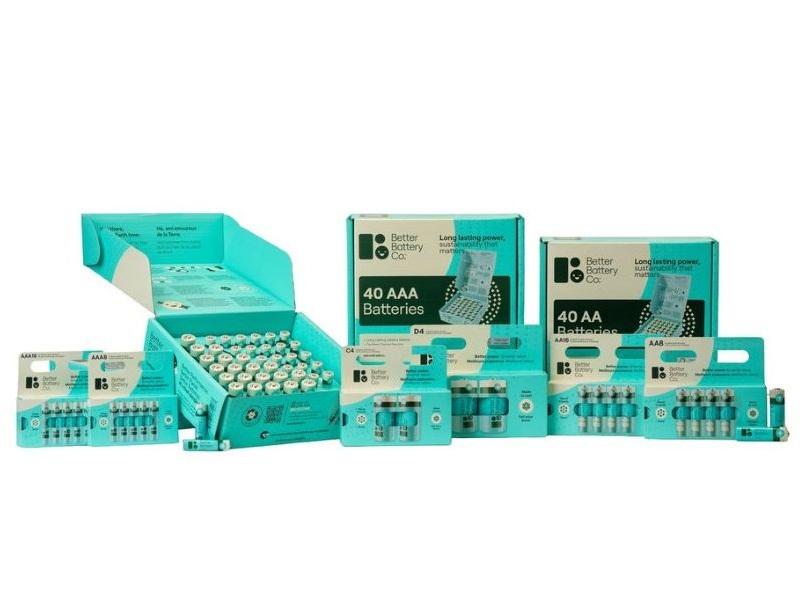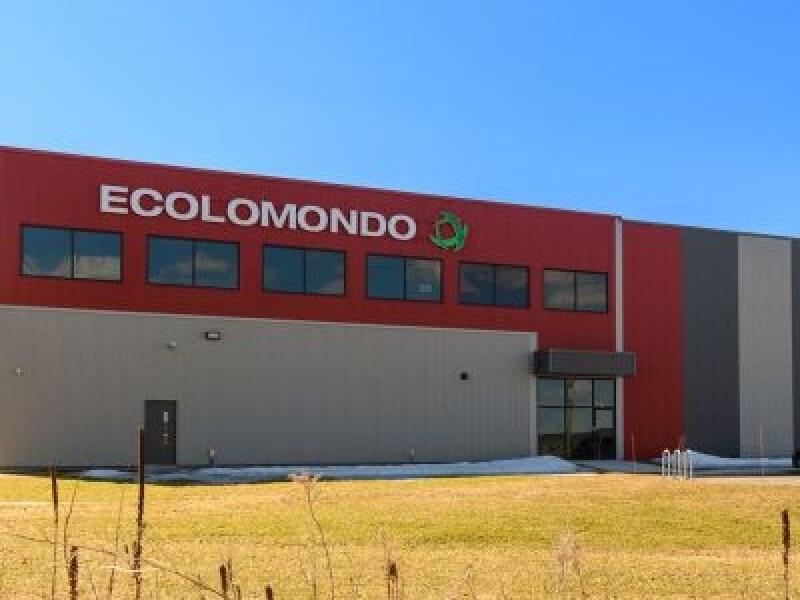
E2E Energy Solutions, a Calgary-based geothermal energy provider, plans to provide all the power and heat for the Town of Rainbow Lake, Alta. with its enhanced technology that could open up more of Canada to geothermal energy.
Located in northwest Alberta close to the border with British Columbia, Rainbow Lake fluctuates between 500 to 1,000 residents based on the seasons, and has approximately 400 buildings, according to Dan Fletcher, Rainbow Lake's chief administrative officer, who spoke to Sustainable Biz Canada.
The town was identified for its geothermal potential in a study by the Canadian Geothermal Energy Association that found the area around the town holds some of the best resources in the province for the clean energy source.
A conversation between Nick Daprocida, president and CEO of E2E, and a representative of Rainbow Lake at an Energy Futures Lab event, led to an agreement to tap into the saline reservoirs beneath the town. E2E taps into the geothermal energy of saline reservoirs at a depth beyond that of conventional geothermal systems.
“What we’re doing is we’re taking all those other resources that don’t qualify for conventional geothermal, and we’re enhancing the resource,” Daprocida said in an interview with Sustainable Biz Canada.
E2E’s EGRRS
E2E has developed the Enhanced Geothermal Reservoir Recovery System (EGRRS).
“Enhanced” refers to how E2E drills beyond the depths reached by a a typical geothermal energy process, opening up areas normally not accessible for geothermal, Daprocida said.
“We’re taking that same reservoir and we’re bringing the fluid deeper, making it hotter and then producing it at the surface.”
EGRRS allows E2E to dig past saline reservoirs to access the higher temperatures that power its system. Once the target depth is reached, it forms fractures that heat up the geothermal fluid, producing zero-emissions clean energy upon resurfacing. The resurfaced brine also contains lithium that can be refined and sold.
Daprocida concedes EGRRS costs more than conventional geothermal, but advancements in technology and reduction in the costs of drilling and relevant skills will bring the cost down, he believes.
Unlike Iceland, most of Canada cannot economically access geothermal energy, but EGGRS can open up more of the country to the option, he said.
EGRRS in Rainbow Lake
Rainbow Lake was chosen because of its geology. The thermal gradient (the temperature increase per kilometre underground) in Central Alberta is 30 Celsius, but Rainbow Lake exceeds that figure at a 47 C thermal gradient, Daprocida said.
To roll out EGRRS in Rainbow Lake, E2E will be doing the front-end engineering, building the pilot, constructing a surface geothermal facility and designing and installing the infrastructure within the community.
The project, which would be E2E’s first, is anticipated to be finished by 2028. Daprocida said the aim is to start front-end engineering in Q2 2024. He could not disclose a cost as it is still being negotiated.
Upon completion, Rainbow Lake will get all its power and heating from EGRRS, which E2E says is a first in Canada.
Fletcher did not have the data on greenhouse gas emission offsets as it is a "moving target" depending on the pilot, but noted EGRRS will be disconnecting the community from fossil fuels.
EGRRS is an "ideal fit" for Rainbow Lake because it re-pressurizes depleted oil and gas reservoirs, creating a transitionary revenue model for the town as it moves away from fossil fuels, Fletcher said.
"Those reservoirs that haven't been used can now be re-pressurized and provide better returns," he said. Lithium from the brine can be extracted for additional value, "making geothermal capital investment in our area that much more favourable," he added.
He also noted geothermal energy would free Rainbow Lake's residents from the impact of carbon pricing and would help create geothermal greenhouses where fresh produce can be grown.
“The Town of Rainbow Lake has been researching the vast geothermal potential our northwest corner of Alberta provides for six years now. We are happy to have found a valuable partner in E2E Energy Solutions to help bring all of these past years of study into a tangible future,” Rainbow Lake Mayor Michelle Farris said in a release.
E2E and Rainbow Lake are working closely with the DeneTha’ First Nation to provide economic benefits and support decarbonization, Daprocida said. The involvement of the DeneTha’ First Nation might also change the scope of the EGRRS project, he added.
Though E2E is devoting its attention to Rainbow Lake, Daprocida said the company is also in talks with the State of Louisiana for a project.










